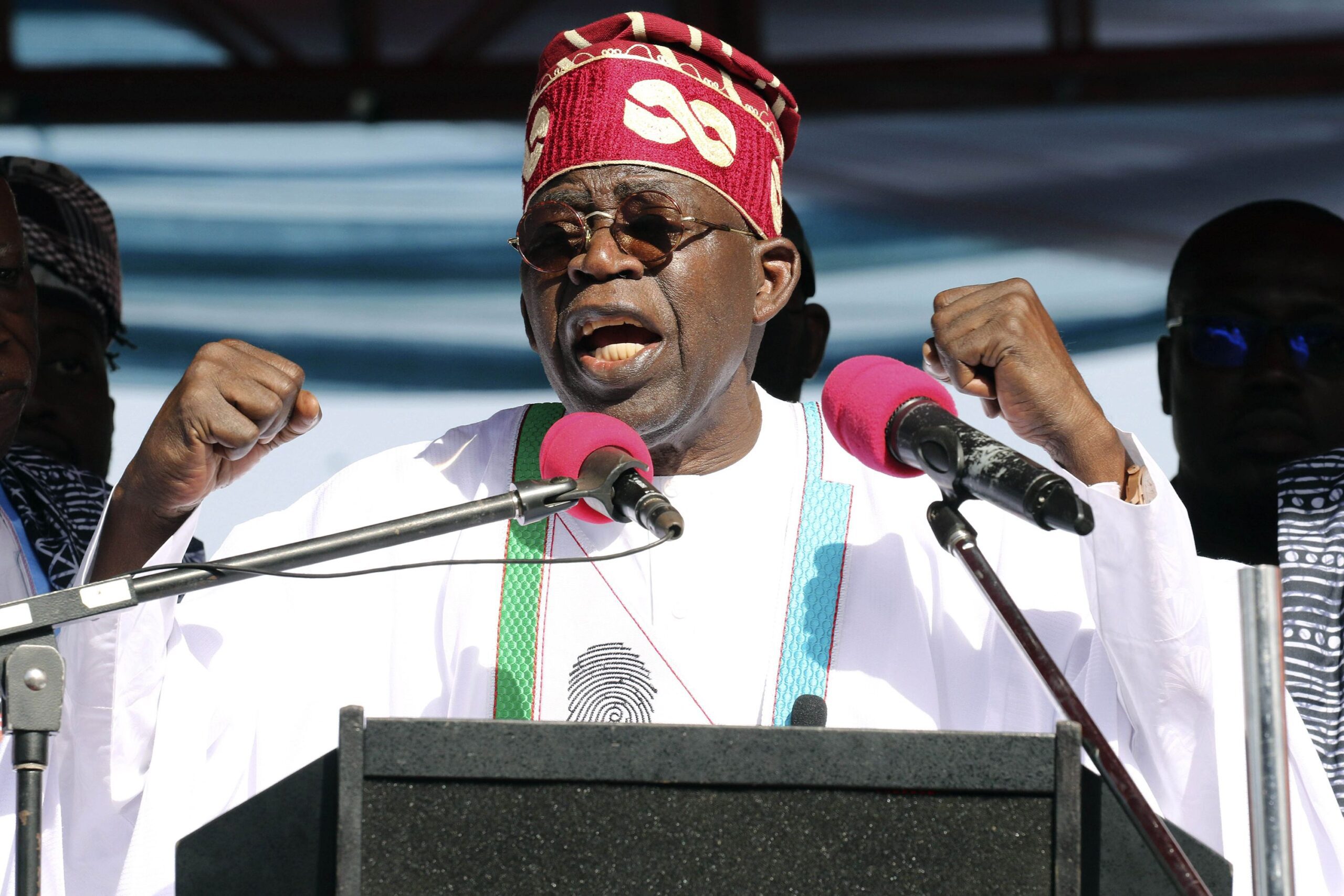News
OPEC Raises Nigeria Crude Oil Output As Kingdom Of Saudi Arabia Cuts Production
On Sunday, OPEC+ members and non-members agreed to reduce crude oil production levels in order to maintain the stability of the world oil market, but they left Nigeria, Congo, and Angola free to continue producing as much as possible to meet their OPEC quota of 2023.
However, Saudi Arabia, a significant oil producer and OPEC member, voluntarily reduced its production by an additional 1 million barrels per day as part of an agreement reached by OPEC+ after hours of difficult negotiations, according to Bloomberg.
Saudi Energy Minister, Abdulaziz bin Salman, unveiled the reduction in a statement, once again managing to pull off a surprise. The Saudi move is the most meaningful part of the deal, which also includes an agreement to extend voluntary cuts through 2024.
Nigeria and other OPEC and non-OPEC members met at the 35th Joint Ministerial Monitoring Committee Meeting of OPEC held in Vienna, Austria, on Sunday.
Also, Nigeria, Congo and Angola have agreed that the highest production volumes of the last six months from November 2022 to April 2023 should be used as the basis for the determination of their 2024 production quota.
The Nigerian head of delegation to the meeting reportedly said in a statement that OPEC had also agreed to allow these countries to continue to produce maximally to their OPEC quota of 2023, according to Persecondnews
Nigeria’s highest crude oil production of 1.38 million barrels per day was achieved in February 2023. But by the latest development, Nigeria can ramp up its production up to its current OPEC quota of 1.74 million barrels per day and subsequently be capped at 10 per cent less as its quota for 2024, subject to verification by independent secondary sources.
The statement said the Nigerian delegation was confident that the ongoing security intervention under the leadership of President Bola Tinubu would enable the restoration of country’s production to 1.58 million barrels per day and would be complimented by condensate of about 400,000 barrels per day.
“This will ultimately enable Nigeria’s crude oil and condensate production of about two million barrels per day in 2024,” the statement added.
Crude Oil prices were already trading up ahead of the meeting, but increased on Friday afternoon, bringing Brent crude to $76.32 at 4:20pm, a $2.06 per barrel increase on the day.









